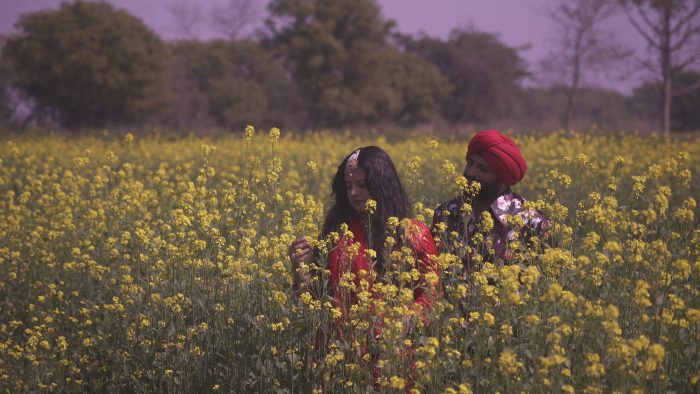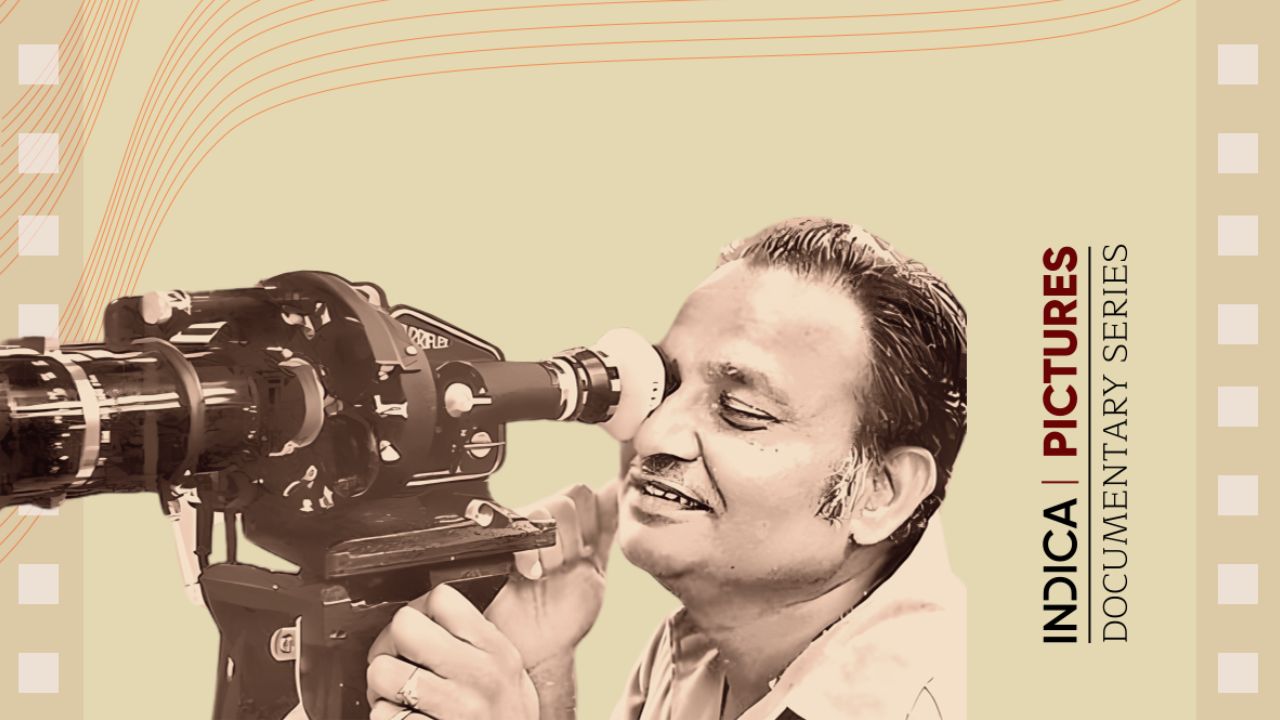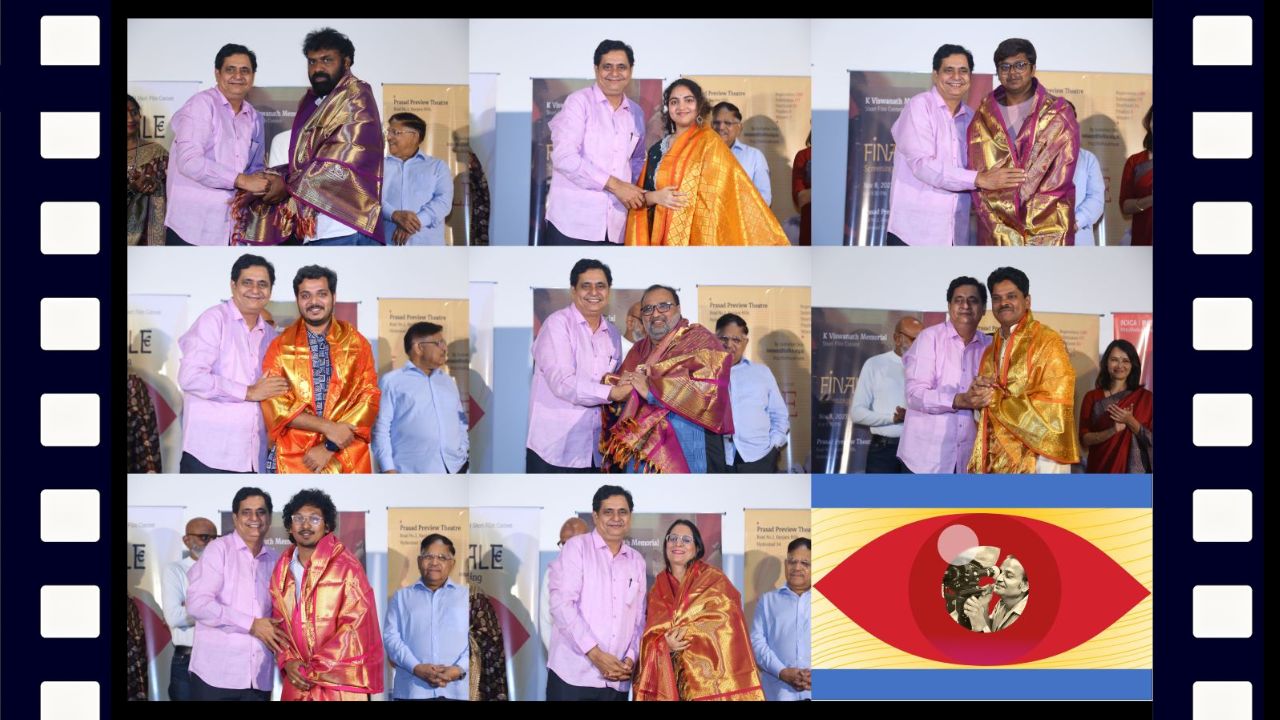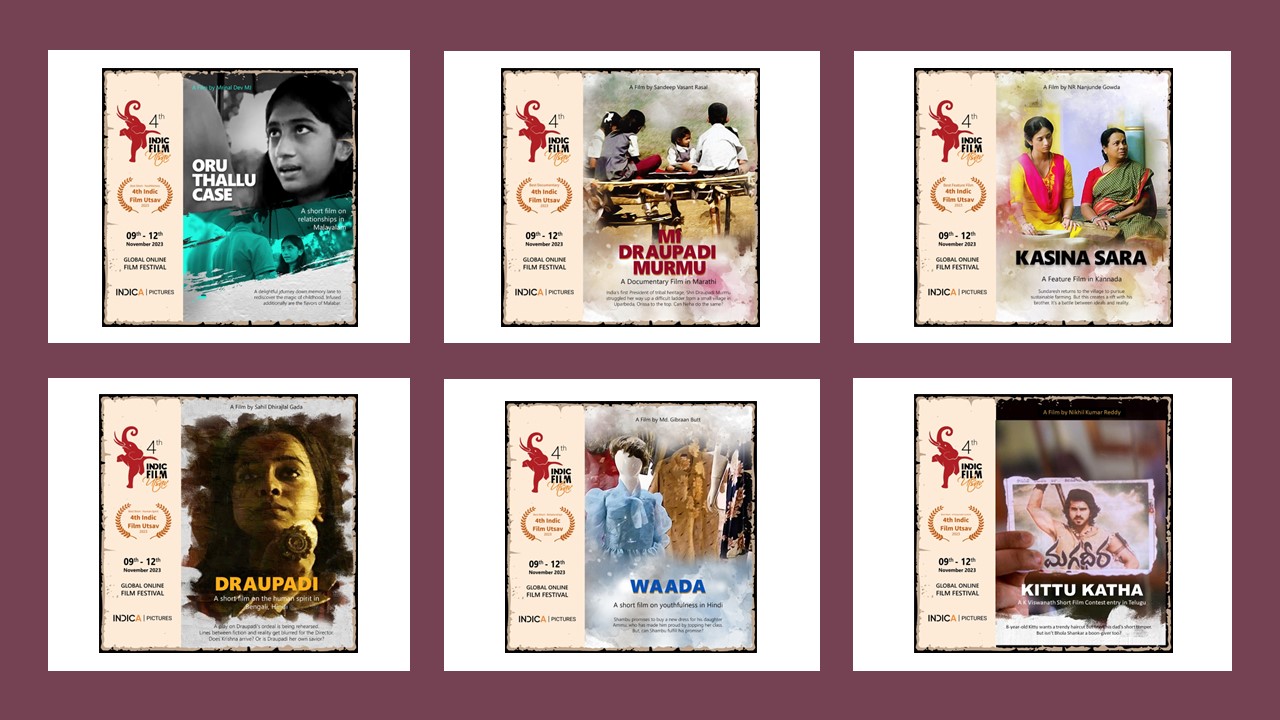Actress Akriti Singh’s directorial debut Eight Down Toofan Mail is about a woman who claims to be the Queen of Awadh, who landed in New Delhi in 1974 and wanted to meet the then Prime Minister Indira Gandhi, to claim her heritage back. Akriti says the film is a fictional take on that story. In this interview, Akriti talks about her new roles and the coming together of acting, script writing and direction.
You envision a change in the course of film making as actors take to writing and directing their own films. Are we saying that specialisation in various aspects of film making is going to be superseded by the genius of one person?
With the advent of easier tools for editing and other aspects of film making, with our obsessions with making reels and tiktoks, with a video camera in everyone's pocket I think film making has already changed. Every individual is capable and keen on telling their story via videos. Actors are storytellers, it is the basic requirement of the craft. Once the technical aspect is taken care of, good actors are master storytellers and can surely get into making films if it is something that interests them.
What are the challenges of converting a historical episode into a film. We have seen it done with such acclaim in the Broadside musical Hamilton. Does it require a different kind of scriptwriting, careful with true facts and personalities?
It makes one discover so much when you dig deep into a historical event. I would say historical events lend themselves beautifully to films - not only do we know the history, we also know what happened in the future due to that event. We are living and breathing in a world shaped by that event.
The storytelling becomes very layered. Writing a historical episode into a film is reflective. Since it is fiction, no matter how much research we do to make it historically correct, the writer's gaze will seep into it too.
How did you bring your friends together to act with you in the film? Was it easier working with people who know your artistic vision?
I have been acting on stage for a number of years now, I also have my own theatre group where I write and direct plays. All my co actors in the film are from my theatre company. It took me a phone call each to convince them to act in the film. Theatre has camaraderie like no other medium. Working with such passionate and kind people was special in more than one way.
Also having worked together for years in multiple plays we all had a shorthand.
Could you describe briefly how you envisioned shooting the film, with a relatively low budget and small settings?
Restrictions are very helpful while creating or writing something. I was aware of the budget constraints while writing the script so I weaved all the restrictions into the story and they showed me the way ahead.
Having been on multiple film sets made me realise the excess that goes into film making. I realised if you are really keen on telling a story nothing will stop you. Money will surely not stop you.
We all treated it like a collaborative theatre production and lo and behold our film was ready.

What does the story of the Queen of Avadh hold for modern audiences who are often displaced and lost due to societal changes and governmental policies.
The story is about finding the Queen (or the Nawab) in you - to not settle for anything less. It is about courage, about fighting to get what is rightfully yours. At one level the story is about the madness that is needed to hold on to the beauty in the world that has been passed on to us.
How was enacting this role special for you?
One of the acting gurus I had a chance to work with, 'Mr Pankaj Kapoor' said in a workshop - it is easy to play low status characters but very difficult to play a high status character.
I took playing the Queen as a challenge. Her status was higher than everyone else in the film. Yet she was to come across as sweet. A rational and intelligent being but at times bordering on madness. It was sheer delight to portray her.
How did your craft, the videographer's skills and the editor's role shape the final film?
The cinematography of the film is unique, it takes one to 1970s. Our cinematographer Shaurya figured out the texture and color of the film for the era. We deliberately chose not to have many camera movements. We framed most of the scenes like a King's (Queen's) court. The lenses were all vintage 50s and 60s collected painstakingly.
Editing is the backbone of any film but especially if it is a film shot in a limited number of days with limited resources. I could shoot the story efficiently because I was the one editing it. My story boards on the set helped me shoot fast.
Would you like to do more films like this. Any in the pipeline?
I have already made two short films with the same methods. One of them, 'The Softer Kiss' is going viral with 1.4 million views. The other one is in the post production stage.
Script of the next feature is ready. I plan to go on the floor very soon with it. It is a comedy set in Mumbai.
As a film person, what are the movies that have inspired you to make 8 Down Toofan Mail and do you have any role models in film making
Norah Ephron is my role model. So is Iranian filmmaker Mohsen Makhmalbaf. A lot of writers inspire me - Michael Ondaatje, Elmore Leonard, Scarlett Thomas, Dharmveer Bharti and many more. Actors inspire me too. Olivia Colman in Crown inspired me to make this film.





